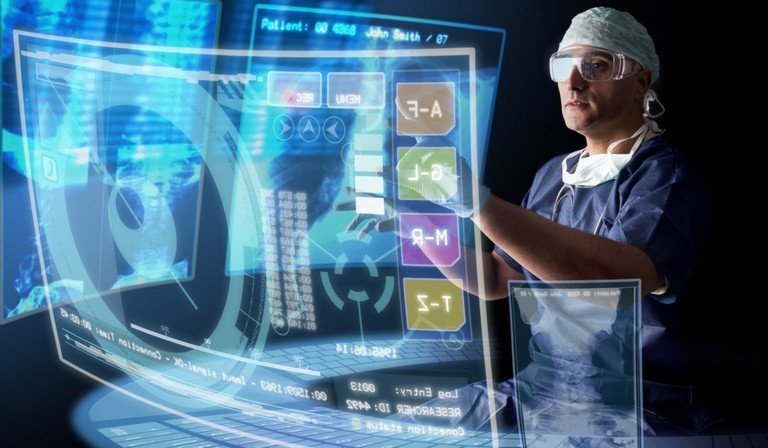

Healthcare has been a very hot topic ever since President Obama began occupying the oval office. Also, healthcare has gained a prominent spot in technological circles in recent years, and “wearables” as well as various fitness apps have become more popular as Americans become more health conscious to erase the stigma of obesity that unfortunately attached itself to their image. Now that tech has become more advanced with Skype calls replacing house calls; where apps, smartphones and smart watches begin monitoring heart rate, pulse rate, sugar levels and blood pressure; should people need to visit the doctor less often?
That may be the path where healthcare is headed as more and more startups concentrating on digital health continue popping out; more than two thousand are out there now seeking to make waves in the medical technology field with over two billion dollars of investments in their pockets. These startups however won’t necessarily take medical professionals out of the picture but instead put them in the sidelines for minor scrapes, and a more active role for other cases with the help of technology.

- Devices that enables phones to look inside the ear and take pictures or videos for use by persons with ear-related problems. These pictures are sent to medical professionals for diagnosis.
- Online blood pressure monitors which sends data to medical professionals and other apps that share pulse rates, heart rates and sugar levels.
- Delivery of prescriptions and other medical information to wearables like the Apple Watch or Android Wear, putting an end to unintelligible squiggles.


Consumers need to be careful of what apps and gadgets they purchase. Imagine all the ab-crunchers and body toners in the market cluttering up people’s attics and closets. They were made with the help of technology and what seems like little medical research as they seem to “keep improving”. The same applies to gadgets and mobiles and the apps that go in them. There are always newer and better apps and gadgets every other Tuesday which is all the more reason for people to seek advice from health professionals that truly understand the human condition.
But we shouldn’t discredit the thousands of people who actually put out the effort to empower both doctors and especially the patients who can’t always afford to make an appointment. This far into the 21st century, we can cram volumes of medical knowledge onto a fingernail-sized flash card and hopefully use that to provide a basic understanding of things to be done in case they or a loved one needs basic or immediate care. Since lives are at stake, it’s important for technology to get things right. It’s not a bad idea to have a digital doctor. The doctor doesn’t need to be in the house as long as they get the right information. The digital doctor is not a bad idea but fed the wrong data, they become digital quacks.

